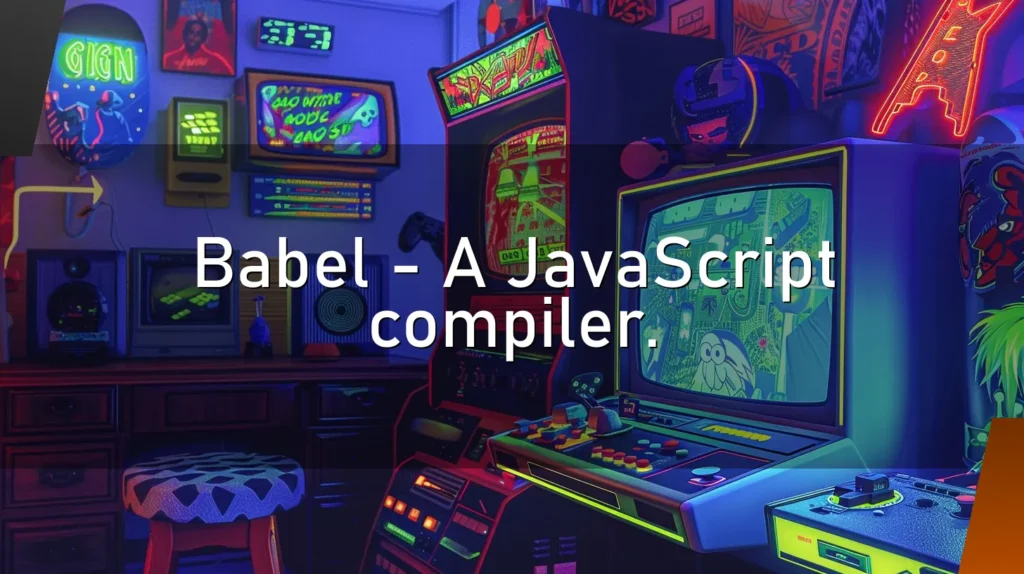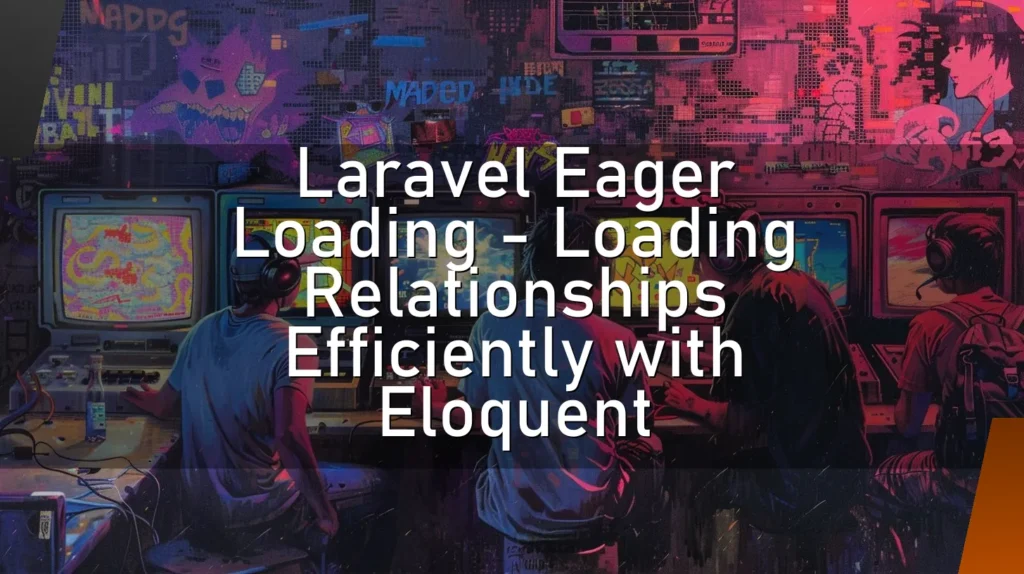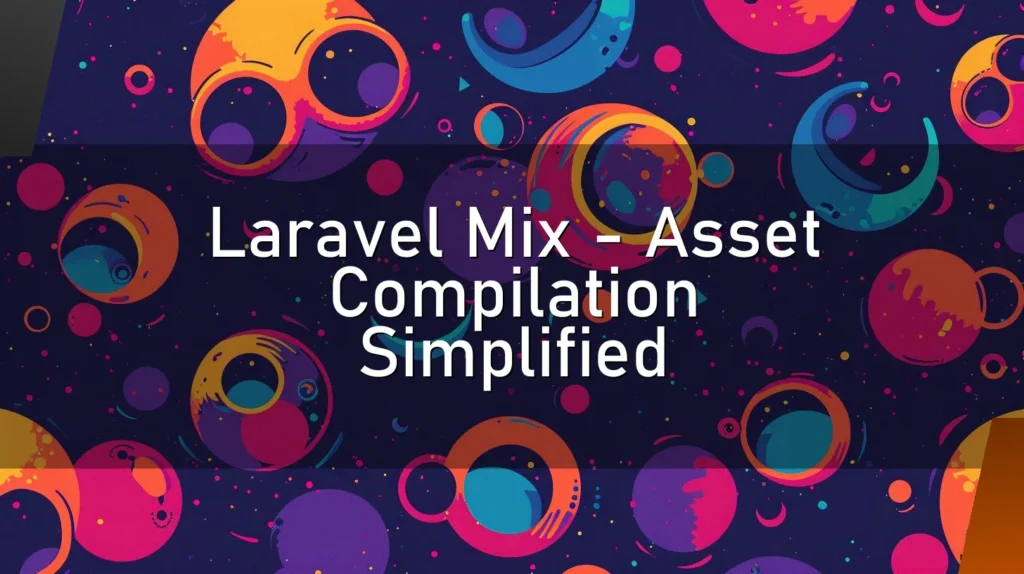Babel – A JavaScript Compiler
Introduction
Ah, JavaScript! The language that brings life to our web pages, transforms our static content into interactive wonders, and occasionally makes us pull our hair out. But fear not, dear reader, because here comes Babel, our knight in shining armor. Babel is a JavaScript compiler, but it’s not just any compiler—it’s your ticket to writing tomorrow’s code today! Ready to dive into the magical world of Babel? Let’s go! 🚀
How a Nerd Would Describe
"Imagine you’ve got this super futuristic JavaScript code that browsers today aren’t woke enough to understand. That’s where Babel comes in. It transmogrifies (yes, that’s a word) your ES6+ code into ES5, so it works everywhere, even in your grandma’s Internet Explorer 11. It’s like a universal translator for JavaScript dialects. Cool, right? 🤓"
This Chapter is for a Simple but Concrete Explanation
Alright, let’s break it down: Babel is a tool that converts modern JavaScript syntax into a version that older browsers can understand. Think of it as a translator between humans and dolphins, but for JavaScript. 🐬➡️👨💻
🔍 Details
Babel works by taking your fancy new JavaScript syntax—like arrow functions, async/await, and template literals—and transforming them into older syntax that’s universally understood by all browsers. It ensures that your code is future-proof and cross-browser compatible.
Other Similar Words Nerds Use
- Transpiler: A portmanteau of "transform" and "compiler," often used interchangeably with Babel.
- Polyfill: A piece of code (or plugin) that provides modern functionality on older browsers that do not natively support it.
- ES6/ES2015: Refers to the 6th edition of the ECMAScript standard, a significant update to JavaScript.
- Syntax Sugar: Features that make the language sweeter for humans to use (though not necessarily adding new functionality).
👍 Correct Usage
- "I’m using Babel to compile my ES6 code so that it works in all browsers."
- "Babel helps me write modern JavaScript without worrying about compatibility issues."
🛑 Wrong Usage
- "Babel is a library for making UIs." (Nope, that’s React!)
- "Babel will optimize my code to make it faster." (Not necessarily; it’s more about compatibility than performance.)
➕ Advantages
- Compatibility: Ensures your code runs on all browsers, even the old ones.
- Future-Proofing: Allows you to use the latest JavaScript features without waiting for browser support.
- Plugins: A vast ecosystem of plugins that extend Babel’s capabilities, from minification to code optimization.
- Community: A large, active community means better support and continuous improvements.
➖ Disadvantages
- Overhead: Adds an extra step in your build process, which can slow down development.
- Configuration: Setting up Babel can be complex and might require diving into documentation.
- Performance: The transformed code can sometimes be less efficient than the original modern JavaScript.
⁉️ FAQ
Q: Do I always need Babel when writing JavaScript?
A: Not necessarily. If you’re targeting the latest browsers, you might not need it. However, if you want maximum compatibility, it’s a good idea.
Q: Is Babel the same as Webpack?
A: No, they serve different purposes. Webpack is a module bundler, while Babel is a compiler/transpiler. They often work together in a modern JavaScript workflow.
Q: Can Babel make my code faster?
A: Not directly. Babel focuses on compatibility, not optimization. For speed, look into tools like Closure Compiler or Terser for minification.
Q: How do I set up Babel?
A: You’ll need to install Babel via npm (npm install @babel/core @babel/cli @babel/preset-env) and set up a configuration file (.babelrc) to specify which presets and plugins to use.
👌 Conclusion
So there you have it—Babel, the unsung hero that lets you write cutting-edge JavaScript that even your grandpa’s browser can understand. It’s like the universal translator from Star Trek but for code. With its vast ecosystem of plugins and presets, Babel ensures your code is future-proof, compatible, and ready for action. 🚀
While it does add some overhead and complexity, the advantages far outweigh the disadvantages, making it an essential tool for modern web development. So next time you’re writing some snazzy new JavaScript, remember to give Babel a shout-out. May your code be ever-compatibly compiled! 🌟
Happy coding! 🎉







